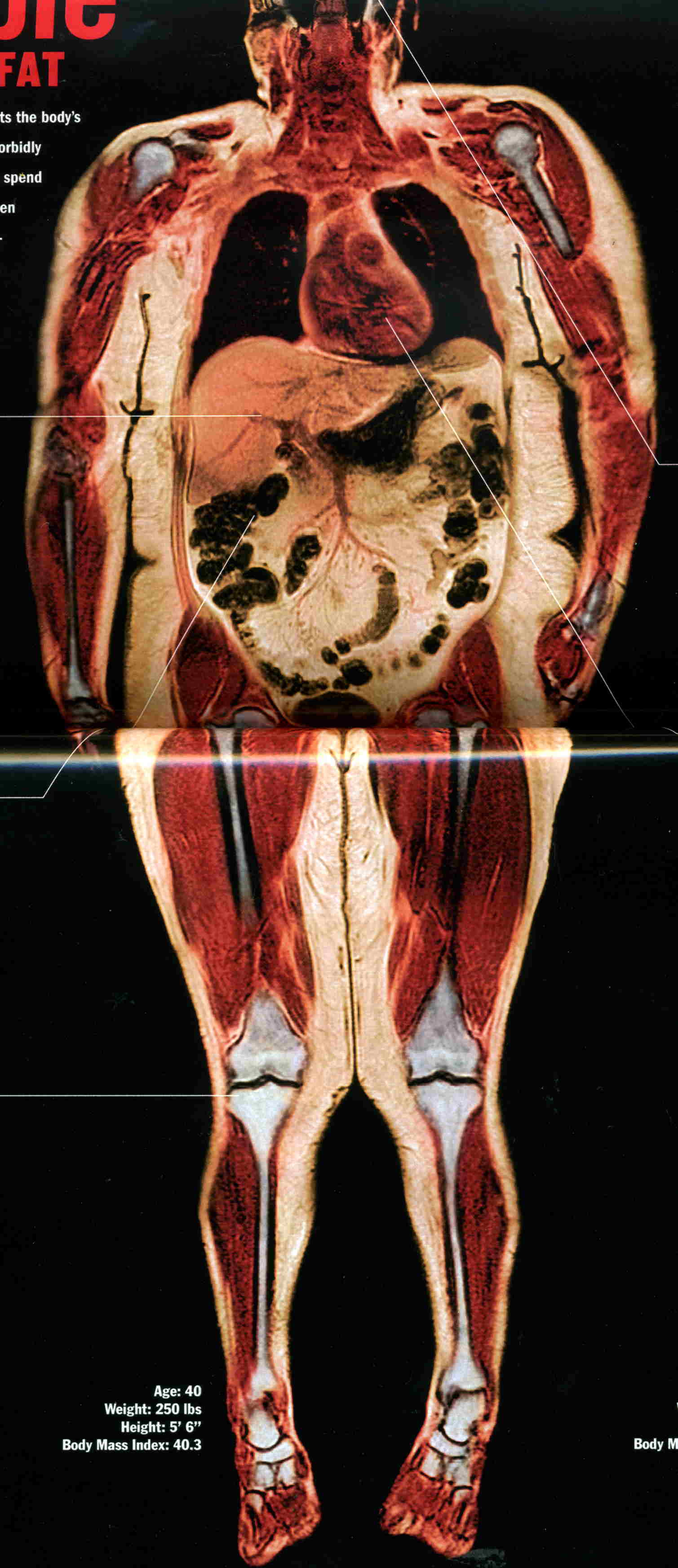What Is Your Perfect Weight?
Too often people think they should weigh less than they do, when in reality they're right at the weight they should be. Your body has probably changed over the years due to circumstances such as pregnancy. We normally gain a certain amount of weight as we get older.
With all of the advertisements on TV and in magazines, it's no wonder we are confused about what our ideal body shape should be. Maybe you saw what you believe should be your perfect body in a magazine and have dieted in vain to try to reach that shape.
If your quest for your perfect weight is constantly frustrating you, maybe it's time for a reality check. The weight you are trying to reach may be totally at odds with your body style and metabolism.
When you go on a strict diet trying to reach an unrealistic weight, you could be causing health problems for yourself in the future. Don't starve yourself trying to look like the model you saw in the magazine.
If you ask any thin woman what she would like to weigh, she'd probably say that she should lose 5 to 10 pounds. Most women tend to want to be thinner than they should be. Why is this true?
1. Advertising, including advertisements for weight loss products, feature very thin women instead of more normally sized women. The standards set by the fashion models used in these ads are impossibly high. These models have access to personal trainers, cosmetic surgery and have their photos airbrushed to reach that perfect look. If you use those standards for your perfect body, you are setting yourself up for failure.
2. Trying to reach a previous weight can be another unrealistic goal. Changing hormones and bone structures mean that the weight that you were in your early twenties may not be possible today. You may be able to stay on a strict diet and exercise regime for a short period of time, but not for the lifetime that it would take to keep your body at that weight.
3. Many of us see ourselves as fatter than we really are, so we are constantly trying to slim down to too-thin proportions. These people can never get thin enough. This can lead to eating disorders such as bulimia or anorexia.
Trying for unrealistic weight loss goals can cause anxiety and stress as well as health problems, which cause even more stress. Reach for the goals that you can meet. Start with small changes in diet and exercise and then add more stringent methods only if you are truly overweight. As always, ask a doctor for his or her recommendations.
Jude Wright is the owner of "9 Weeks to Weight Loss" at 9WeekstoWeightLoss.com. Stop by and get your free report, "Losing Weight Without Starving Yourself."







 border="0" align="left">
border="0" align="left">




















